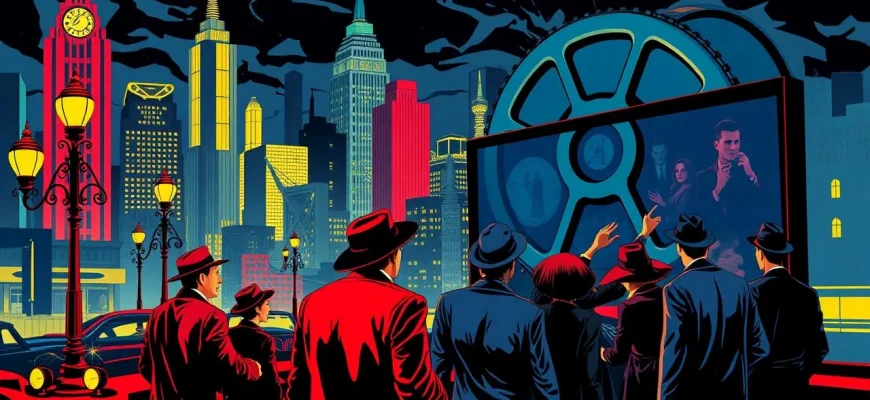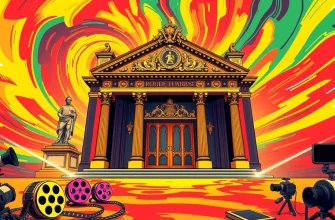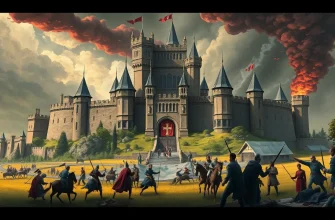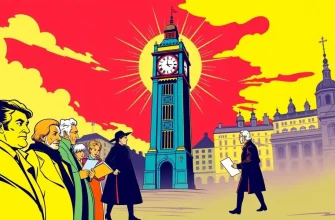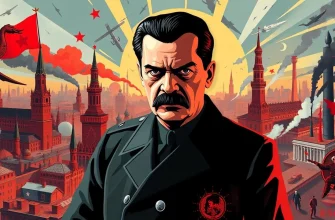The 1930s was a decade marked by economic depression, political upheaval, and the looming threat of war. This era's atmosphere of uncertainty and tension provided a rich backdrop for filmmakers to explore themes of suspense, mystery, and intrigue. Our curated collection of 10 thriller films set in or around the 1930s offers a unique glimpse into this tumultuous period, showcasing how cinema reflected and sometimes shaped public anxieties. Each film in this list not only entertains but also serves as a time capsule, providing insights into the societal and cultural dynamics of the time.
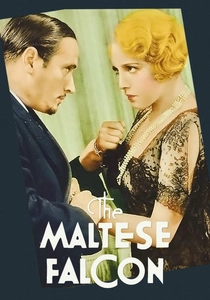
The Maltese Falcon (1931)
Description: This early adaptation of Dashiell Hammett's novel, though less known than the 1941 version, is a gritty noir thriller set in the 1930s, exploring themes of greed and betrayal.
Fact: This was the first of three film adaptations of the novel, with the 1941 version being the most famous.
 Watch Now
Watch Now
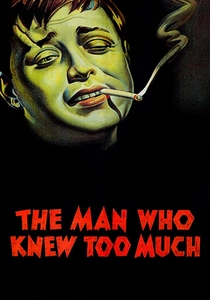
The Man Who Knew Too Much (1934)
Description: Hitchcock's original version of this story involves a couple whose child is kidnapped to prevent them from revealing an assassination plot. Its international setting reflects the global tensions of the time.
Fact: Hitchcock remade this film in 1956 with significant changes, but the original remains a compelling thriller.
 Watch Now
Watch Now
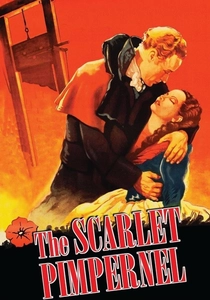
The Scarlet Pimpernel (1934)
Description: Set during the French Revolution but capturing the 1930s' fascination with historical dramas, this film follows an English aristocrat who rescues French nobles from the guillotine.
Fact: The film was a major success and led to several sequels and adaptations.
 Watch Now
Watch Now
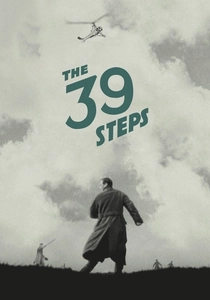
The 39 Steps (1935)
Description: Alfred Hitchcock's early masterpiece, this film follows an innocent man on the run after being accused of murder, uncovering a spy ring in the process. Its fast-paced narrative and innovative use of sound make it a quintessential 1930s thriller.
Fact: The film was remade several times, but Hitchcock's version remains the most celebrated. It was also one of the first British films to use the term "thriller" in its marketing.
 Watch Now
Watch Now
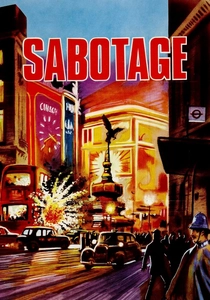
Sabotage (1936)
Description: Based on Joseph Conrad's novel "The Secret Agent," this Hitchcock thriller involves a cinema owner who is secretly a saboteur, leading to tragic consequences. It's a dark exploration of terrorism and its impact on ordinary lives.
Fact: The film includes one of Hitchcock's most controversial scenes involving a young boy and a bomb.
 Watch Now
Watch Now
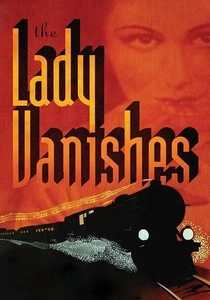
The Lady Vanishes (1938)
Description: Another Hitchcock classic, this film blends comedy with suspense as a young woman searches for a missing elderly lady on a train, uncovering a sinister plot. Its setting and themes capture the pre-war tension of the era.
Fact: The film was Hitchcock's last British film before moving to Hollywood. It was also remade in 1979 with a different plot.
 Watch Now
Watch Now
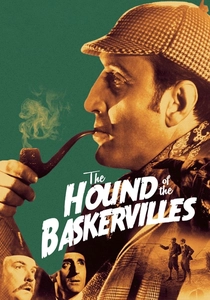
The Hound of the Baskervilles (1939)
Description: This adaptation of Sir Arthur Conan Doyle's famous Sherlock Holmes story captures the eerie atmosphere of the 1930s with its gothic horror elements and detective intrigue.
Fact: Basil Rathbone, who played Holmes, became synonymous with the character, starring in 14 films as the detective.
 Watch Now
Watch Now
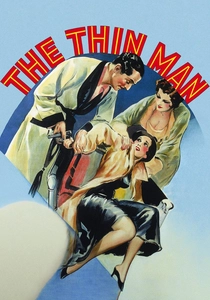
The Thin Man (1934)
Description: This film, based on Dashiell Hammett's novel, introduces Nick and Nora Charles, a sophisticated couple solving a murder mystery. Its blend of comedy, romance, and suspense makes it a standout of the era.
Fact: The film spawned several sequels, making it one of the first successful film franchises.
 30 Days Free
30 Days Free

The Ghost Train (1931)
Description: A group of stranded passengers encounter a ghostly train, leading to a night of terror and mystery. This film exemplifies the era's interest in supernatural thrillers.
Fact: The play on which the film is based was so popular that it ran for over a year in London's West End.
 30 Days Free
30 Days Free

The Lodger: A Story of the London Fog (1932)
Description: This early Hitchcock film, loosely based on the Jack the Ripper case, is set in the foggy streets of London, creating an atmosphere of suspense and dread.
Fact: It was Hitchcock's first thriller and established many of his signature techniques.
 30 Days Free
30 Days Free

